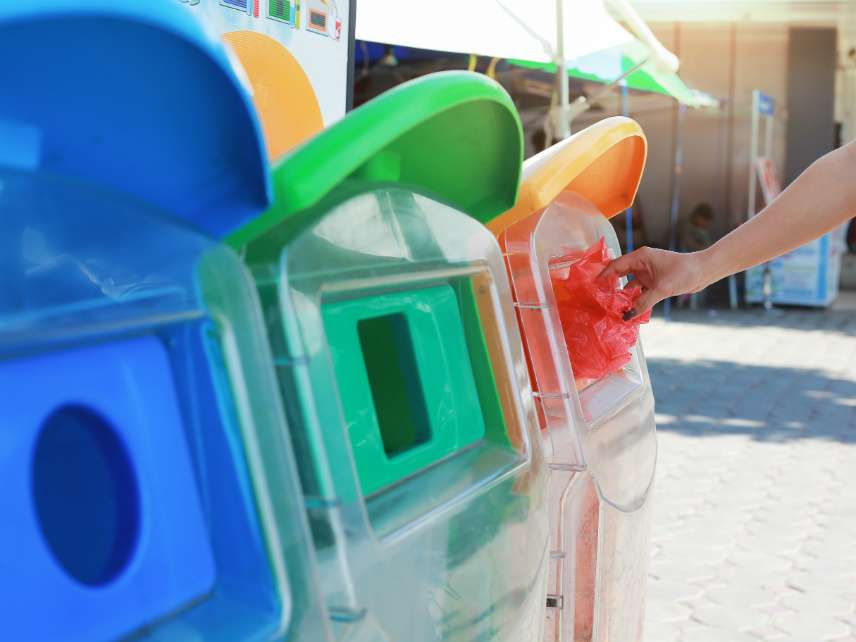Move Over, Straw Ban: Berkeley Mandates 25 Cent Fee on Disposable Cups
- OurStudio

- Jan 24, 2019
- 3 min read

Chakrapong Worathat/Dreamstime.com
Berkeley, California, has fired the latest shot in the war against waste with a new mandate that all restaurants must charge customers a fee for using disposable cups—a novel policy that gives us all a glimpse of the limitless regulations on disposable items we can come to expect in a post-straw-ban world.
Berkeley's cup fee law passed unanimously on Tuesday, with all eight city councilmembers, plus the city's mayor, voting in favor of the world-changing legislation.
"History. #Berkeley passes the most ambitious, groundbreaking policy to reduce throw-away foodware in the nation," said Mayor Jesse Arreguin in a tweet following the vote. "Recycling is no longer a solution—if we want to save the planet, it's time to reduce, reuse and compost," said Councilmember Sophie Hahn, the bill's author.
The bill would require that all food service businesses impose a 25 cent fee on customers who make use of a disposable cup, with businesses being allowed to keep that money.
In addition, the ordinance bans dine-in restaurants from using most disposable foodware. Restaurants without bussing service must keep three bins on hand for recycling (required to be blue), compostable waste (green), and stuff destined for a landfill (gray or black). Those restaurants that are still allowed to use disposable items must ensure that they are compostable.
The 25 cent cup fee provision seems to be hogging all the attention, grabbing mentions in headlines at USA Today, CBS News, and U.S News and World Report. It also seems to be the least impactful part of Berkeley's law.
Unlike plastic bag fee policies—which require businesses to charge customers for something they were happy to give away for free, and which is much higher than the cost of providing the bag itself—customers already pay a per-unit price for their to-go cup of coffee or drive-thru milkshake.
Because businesses get to keep the 25-cent cup fee under Berkeley's police, it's easy to imagine them just lowering their base price for drinks by a quarter, and then imposing the fee on top of that, working out to a zero net new cost to businesses or customers.
To its credit, Berkeley's cup-fee policy does require restaurants to go out of their way to advertise that their customers are paying a new fee, mandating that the 25-cent charge appear on menus and receipts, and food service staff are also required to verbally inform people of the fee when they're placing orders over the phone.
It's possible that that state-mandated virtue signaling might get some people to purchase their Big Gulps elsewhere. Others might see through the accounting shell game and decide to swallow the fee along with their coffee.
Berkeley's cup-fee ban signals that bans and restrictive regulations developed for specific environmental panics about straws and plastic bags are now migrating to other disposable items.
Proposals to ban or restrict things like paper receipts and cigarette butts have been floated at the state level in California, on the grounds that they're both unnecessary and part of a larger problem of marine plastic pollution.
There's no real reason that these same arguments can't be redirected to justify bans on plastic candy wrappers, say, or maybe additional fees on plastic water bottles. I'd go on, but I don't want to start giving people ideas.
The cup fee goes into effect in 2020, while the compostable mandates don't become effective until June of that year.




Comments